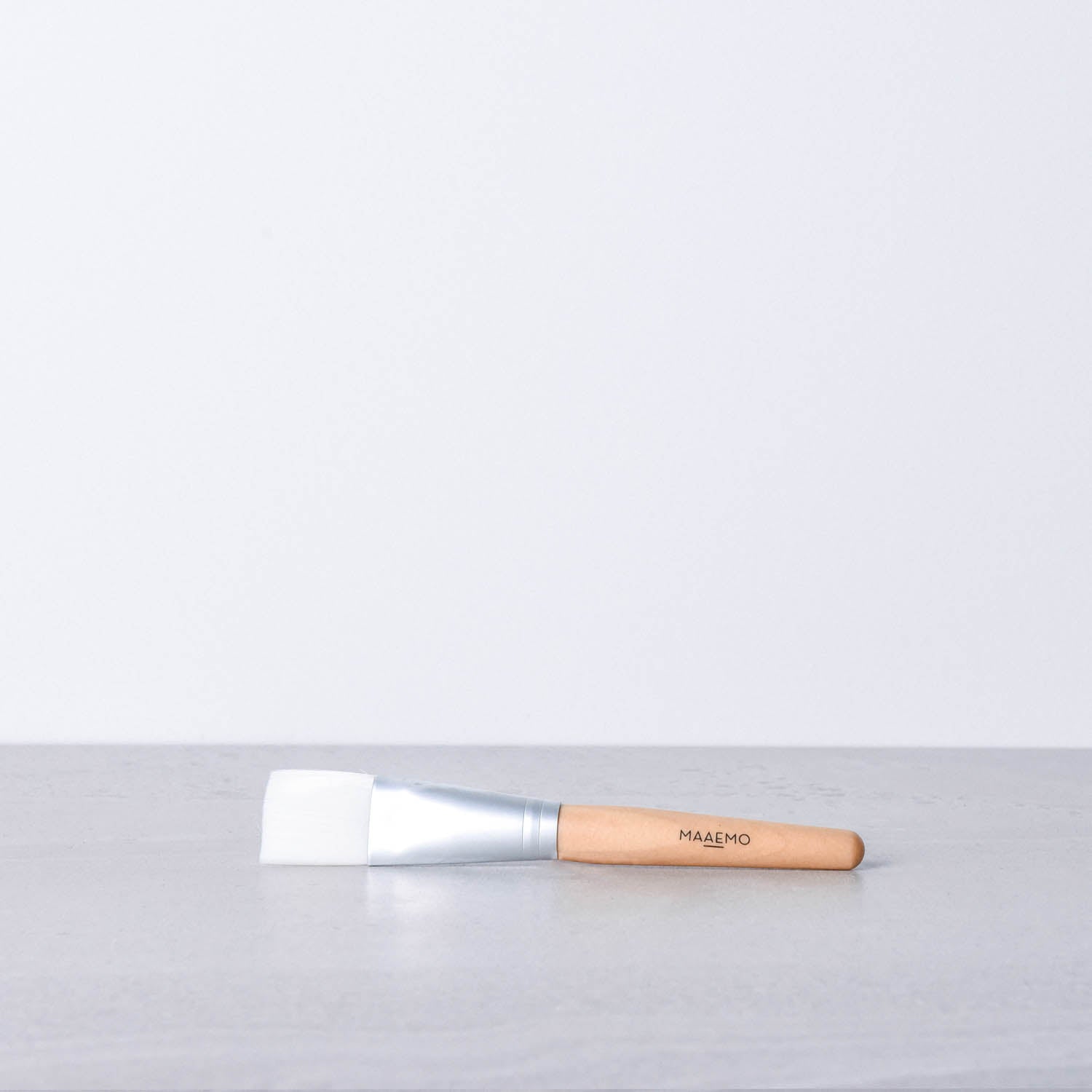Does Dairy Affect Our Skin - A Dietitian Tells All
If you’ve been on a skin journey of your own, chances are you’ve pointed a finger (or a few for that matter) at your diet for being the main culprit of your biggest skin concerns. Don’t lie, you’ve demonised dairy at least once in your time; after-all - that chocolate ice-cream you had on the weekend MUST be the cause of that incredibly robust zit that appeared on your chin come Monday morning. Sound familiar?
We’ve all been there, and who can blame us?! It makes sense that what we put into our bodies can affect the quality and appearance of our skin. All you need to do is type ‘causes of breakouts’ into google and you’ll be bombarded with articles and blogs that want you to believe how damaging dairy ‘really’ is for a blemish or two (hundred).
But why dairy? Let’s break it down.
So what if I told you that everything you thought you knew about dairy and the effect that it may have on your skin was wrong.
Why? Because as a Dietitian, I filter through research papers and scientific studies to determine if a ‘cause and effect’ phenomenon is actually evidence-based, i.e is there any evidence to support this claim. I've done exactly that with the dairy and acne effect to determine if it is actually true that dairy causes acne? So does it?
But before we get into the nitty gritty, it’s important that we understand what dairy actually is. Most of us are familiar with nutritious dairy products such as milk, cheese and yoghurt that contain an abundance of essential nutrients and should be included as part of a healthy balanced diet. However, do keep in mind that dairy encompasses a wide variety of other foods that are often less nutritious. These include ice-cream, milkshakes, biscuits, frozen yoghurt, butter, chocolate, cakes, pies and pastries. These foods are classified as discretionary foods rather than dairy-foods, because they are typically higher in added sugar, saturated fat and salt which we should try to keep to a minimum where possible.
So, you can probably tell there are certain ‘dairy foods’ that are going to have more of an impact on your skin; I'm looking at you ice-cream and chocolate (we still love you, but seriously!).
Is there a link?
According to the research, the link between dairy consumption and acne is weak.
You might be convinced that dairy worsens your skin. You may have even reduced your intake or cut it out completely and seen an immense improvement in the quality of your skin. This could be for a few reasons:
- You’ve reduced your intake of discretionary dairy foods that are also high in sugar, saturated fat and salt and have increased your intake of nutritious whole-foods that are rich in skin-loving compounds.
- You have underlying insulin resistance: Insulin resistance is a condition that occurs when your cells stop efficiently responding to a hormone called Insulin (which is produced by your pancreas), resulting in high blood sugar levels. This is different to diabetes and can be a precursor if not managed correctly. Insulin resistance can be indirectly caused by a poor diet, in particular one that is high in excess sugar and refined foods. It has been shown that underlying insulin resistance may worsen inflammatory skin conditions such as acne and psoriasis. Removing less nutritious dairy foods may help you to manage insulin resistance and improve your skin quality. If you believe this might be a problem for you, please seek guidance from a doctor and dietitian.
- You have simultaneously reduced your intake of dairy whilst partaking in other positive lifestyle habits that can impact your skin such as managing stress, drinking more water and/or manipulating your skin-care routine.
- You’ve experienced changes in a hormone called Insulin-like growth-factor (IGF-1): An increase in IGF-1 may be brought about by dairy consumption. There is a particular protein in dairy foods called casein that stimulates our liver to release IGF-1, which may increase the production of oil in our skin and therefore our risk of breakouts and blemishes. Reducing dairy may reduce IGF-1 stimulation and therefore minimise oil in the skin. Again, there still needs to be more research in the area but this could be a factor for you to consider.
So, where to from here?
- If removing or restricting dairy in your diet works best for you, your skin and your health goals, make sure that you are replacing the essential nutrients found in dairy foods through alternative dietary sources. Pay close attention to Calcium, B12 and Vitamin D and consult with a Dietitian if you are confused or wish to ensure your diet is nutritionally adequate.
- Pay close attention to the type of dairy foods that impact your skin, if any. Keep in mind that these foods might be high in added sugars that can affect your blood sugar levels and therefore the quality of your skin.
- If you suspect an underlying insulin resistance, ensure you eat a well-balanced diet that is full of Low GI (slow-burning) carbohydrates, quality dairy sources such as milk, natural probiotic-rich yoghurt and cheese, a variety of fruits and vegetables, lean sources of protein and healthy fats.
- Lastly, please be critical of where you get your information from. Take everything you read on Dr.Google with a grain of salt, especially before making any drastic dietary changes that may affect your health long-term. We know it’s tempting to reach for the ‘quick-fix’, but we promise it just isn’t worth it.
- If you have skin concerns, there is no need to cut out dairy immediately. I highly recommend seeing a dermatologist as there may be an alternative cause for your skin problems.
Written by - Accredited dietitian Millie Padula









